Requirements to Practice
An individual must be licensed or registered as a psychologist according to the laws and regulations of their particular jurisdiction (a state, province, or territory of the U.S. or Canada). Each jurisdiction has the right to protect its citizens by enacting legislation related to psychology licensing. Those guidelines help identify qualified psychologists and enable jurisdictions to discipline or remove from practice incompetent or unethical psychologists.
Education Requirements
To apply for licensure for independent psychology practice:
- Most jurisdictions require a doctoral degree in psychology,
- Approximately half of the jurisdictions in the U.S. and Canada allow individuals with a master’s degree in psychology to practice under the supervision of a doctoral-level licensed psychologist,
- Degrees at the doctoral and master’s levels must be granted from psychology training programs that comply with regional laws and regulations for accreditation and coursework requirements.
Examination Requirements
In many jurisdictions, applicants must pass specified exams.
- All of our 66 member jurisdictions require the Examination for Professional Practice in Psychology (EPPP)®.
- Several jurisdictions require applicants to take a jurisprudence exam—an examination that covers the specific laws and rules governing the practice of psychology in a particular jurisdiction and/or an oral examination on the practice of psychology.
Supervised Experience
A majority of jurisdictions require two years of supervised experience for licensure:
- One year during the doctoral program (an internship, in most cases),
- A second year after receipt of the doctoral degree (i.e., a postdoc).
You’ll find specific requirement for your region in PSY|Book or by contacting the licensing board in your region
